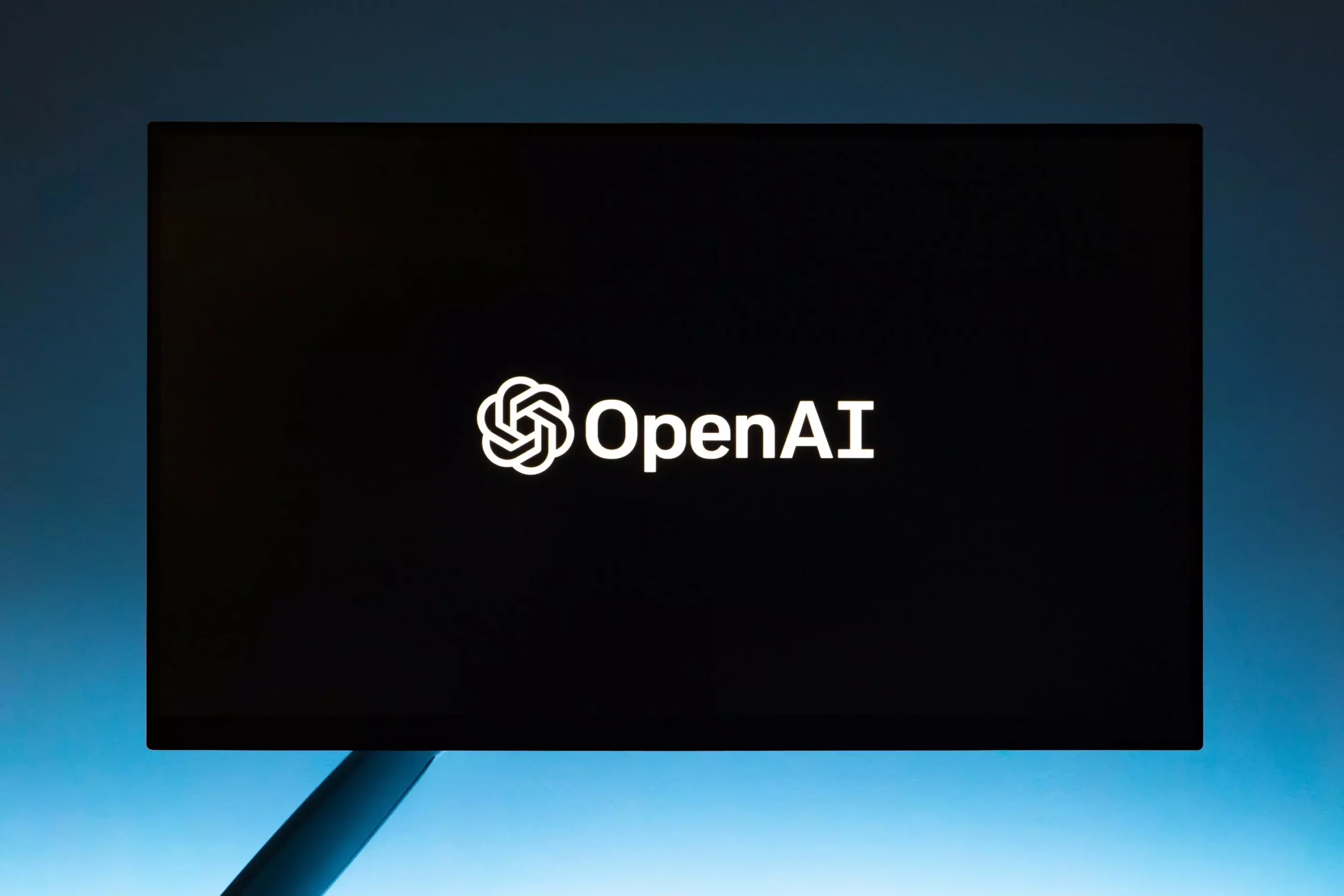The intersection of artificial intelligence (AI) development and privacy concerns is increasingly relevant in today’s digital age. OpenAI, a notable leader in the AI domain renowned for its innovations like ChatGPT, is currently at a crossroads. Recent developments indicate a shift in the organization’s stance toward regulatory measures, which raises pressing questions about the implications for user data privacy, ethical considerations, and the broader landscape of AI technology.
In a surprising turn, OpenAI publicly opposed a California law aimed at establishing baseline safety standards for AI developers. This marks a notable shift for CEO Sam Altman, who previously advocated for responsible regulation in the burgeoning tech sector. The company’s newfound resistance highlights the tension between innovation and oversight. As OpenAI’s valuation skyrockets to approximately $150 billion, its pursuit of rapid growth could overshadow the vital discussions surrounding accountability in AI technologies.
The history of AI applications suggests that innovation is intrinsically linked to ethical responsibilities. OpenAI’s first steps away from supporting regulations could set a precedent for the industry, spurring other companies to prioritize market presence over conscientious standards. This raises an alarming concern: could the rush for advancements in AI compromise the ethical framework necessary to safeguard user data?
OpenAI is not merely satisfied with technological progress but is also strategically expanding its data acquisition efforts. Recent partnerships with major media firms, including the likes of Time and Condé Nast, symbolize an effort to collect and analyze extensive consumer behavior metrics. These collaborations offer OpenAI fertile ground to mine for insights into user engagement and preferences, deepening its understanding of audience interactions.
While the ability to harness such data may provide commercial advantages, it poses grave risks concerning privacy and personal autonomy. The integration of numerous data sources raises questions about how this information may be utilized. Centralized control over diverse data streams could lead to pervasive surveillance without adequate consent or transparency. Moreover, the company’s track record highlights potential risks associated with mishandling sensitive user information. Instances of data breaches across the tech landscape underline the need for robust data protection mechanisms, an area where OpenAI has historically faced scrutiny.
In its quest for deeper insights, OpenAI has invested in various technologies that intersect with the collection of biometric data, such as the venture into AI-enhanced webcams with Opal. This development allows for the gathering of detailed biometric signals—such as facial expressions and emotional states—which could yield invaluable information for targeted applications. However, alongside the promise of innovation arises an ethical dilemma about user consent and the potential for misuse of personal data.
The collaboration with Thrive Global to launch Thrive AI Health to augment health initiatives further complicates the narrative. Although they claim to offer “robust privacy and security guardrails,” the vagueness surrounding the specifics raises eyebrows. Historically, AI health projects have encountered substantial issues related to data sharing practices, leading to violations of privacy rights. The balance between leveraging data for meaningful advancements in healthcare and respecting individual autonomy is a delicate dance that requires stringent accountability measures.
Adding another layer to the narrative is Altman’s connection to Worldcoin, a venture promising biometric identification to establish financial networks globally. The controversial project has faced significant scrutiny regarding its collection of sensitive biometric data, generating concerns about user privacy and regulatory oversight. With Worldcoin already facing regulatory challenges in various jurisdictions, it paints a troubling picture of an organization deeply entwined with data-intensive ventures.
The fears surrounding the potential misuse and mishandling of personal data are not unfounded. OpenAI’s ambition to train its models on expansive datasets poses the question: to what extent is the organization prepared to protect individual rights while pushing forward in an intensely competitive market? The precedent set by other tech entities suggests that without stringent regulations, the risks of data exploitation may outweigh the intended benefits of innovation.
As OpenAI navigates the complexities of growth, innovation, and regulatory frameworks, industry stakeholders must engage in meaningful dialogues surrounding ethical implications. The push against regulation, as evidenced by OpenAI’s recent actions, signifies a broader trend of prioritizing growth at the expense of essential safeguards. While advancing technology can present transformative solutions to global challenges, a cohesive effort to maintain user privacy and ethical integrity is crucial.
OpenAI’s evolving approach to regulation and its thirst for expansive data acquisition necessitate a careful balance between innovation and ethical responsibility. The challenges ahead require companies to adopt transparent practices and prioritize user trust, ensuring that the rapid acceleration of AI does not come at a cost to society. Only through rigorous oversight and thoughtful consideration can the true potential of AI technology be realized, fostering an environment that upholds individual dignity while driving societal progress.

